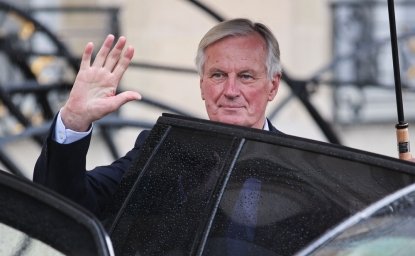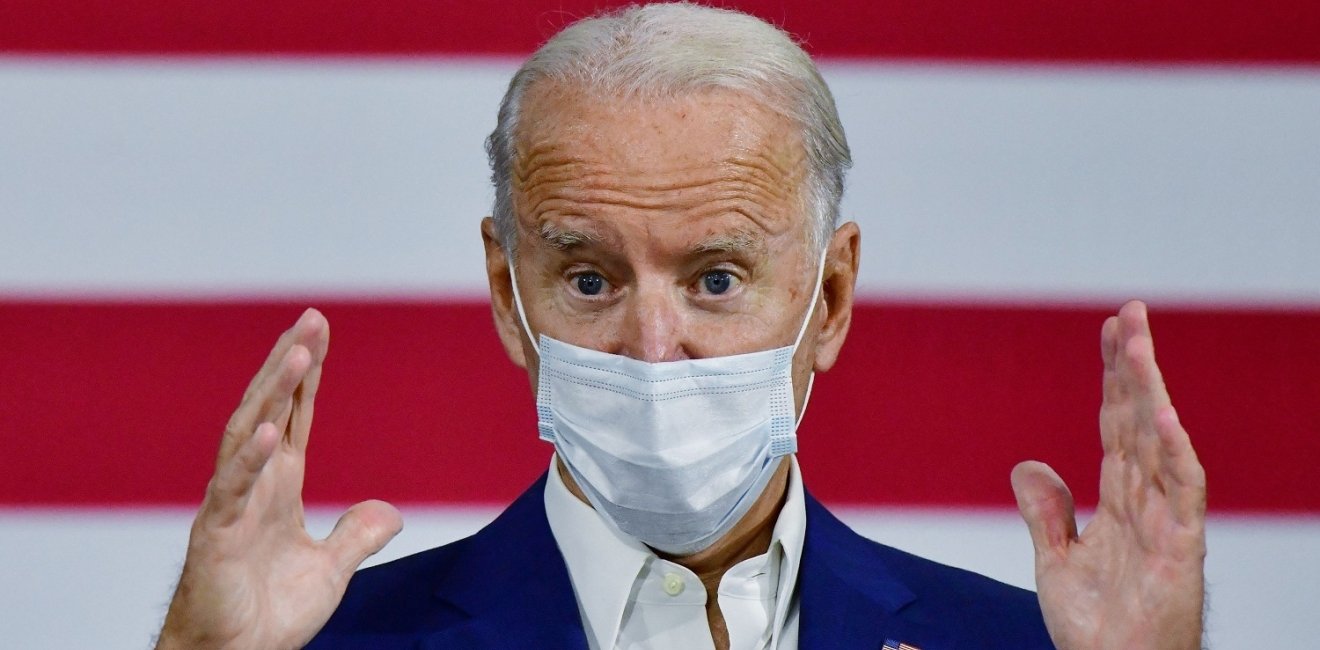"The Biden administration will begin with low expectations of what, if anything, can be accomplished with Russia. President Biden and his senior staff are not new to the Russia brief, and their experiences in the final term of the Obama administration left them with a sense of Russia as an unscrupulous actor in Europe and the Middle East, culminating in Russia’s election meddling of 2016, meddling intended to damage the fortunes of the Democratic Party. The Biden administration’s Russia policy will waver between targeted areas of cooperation and managed conflict. It will waver strategically between more hands-off efforts to contain Russia and actions—economic sanctions especially—that are meant to reduce Russia’s military and diplomatic efficacy. Where the Biden administration will differ dramatically from the Trump administration is not in its Russia policy per se. It will be in its linkage of Russia as a problem and the transatlantic relationship as the solution. NATO will be elevated as a tool for demarcating and delimiting Russian influence. This renewed transatlantic relationship will be justified in terms of values, not just of shared commercial and national security interests. For this reason, the 'in-between' countries, from Belarus through Ukraine to the South Caucasus, are likely to be more contested than they were under Trump. Whether these countries are tending toward democracy or not will be the benchmark of success in Washington and an indicator for Moscow of how the regional balance of power is being configured."
-Michael Kimmage, Professor of History and Department Chair, Catholic University of America
"Biden is likely to return to the approaches of the Obama administration toward Russia. Even though the president-elect is tougher and more intransigent in his policy toward Moscow than his predecessor, Donald Trump, that doesn’t mean that Biden won’t try to improve US-Russia relations, as it was the case during the Obama-era reset.
"However, it will be extremely difficult, because today Russia is seen as a hostile nation and a troublemaker rather than as a friend or a problem-solver. Specifically, Washington will still view Russia as one of the key, though irresponsible, stakeholders in the international arena, including in the Middle East and Eastern Europe. This means that the United States will try to hold Russia accountable for its foreign and domestic policy.
In contrast to Trump, the Biden administration will not only pay attention to the Kremlin’s policy in the post-Soviet space but will also put a spotlight on human rights in Russia, given that country’s alleged attempts to poison opposition activist Alexey Navalny. After all, Democrats are known for their focus on human rights.
"Yet there will still be room for healthy pragmatism in US-Russia relations under Biden. Particularly, the incoming president will revive talks on nuclear nonproliferation with Russia that stalled under Trump. One cannot rule out that Biden will prolong the START treaty, which is set to expire in February 2021. It remains to be seen whether he succeeds or not, yet the problem of nuclear crisis will return to the US-Russia agenda. After all, strategic cooperation and a nuclear weapons–free world were among the key priorities for Obama, and Biden will stick to them as well. Moreover, Biden might seek to return to the Iranian nuclear deal, which Trump withdrew from in May 2018. And Russia might be involved in this process as one of its key stakeholders.
"Russian foreign minister Sergey Lavrov and his American counterpart, Antony Blinken, will play a much greater role in maintaining working US-Russia relations than the presidents of the two countries, just as was the case during the Obama administration thanks to Lavrov and John Kerry, who tried to prevent US-Russia relations from reaching new lows amid the events in Ukraine in 2014–2016. That means that Russia and the United States might speak the language of diplomacy rather than the language of trolling, which was common for the United States and Russia during Trump’s presidency. And finally, Russia knows what to expect from Biden; that’s why Moscow-Washington relations will develop in a more predictable way. There won’t be high expectations and high requirements of each other, which is good."
-Pavel Koshkin, Senior Research Fellow, Institute for US and Canadian Studies of the Russian Academy of Sciences
"From my point of view, it will be an ideologically colored, more value-based policy toward Russia in comparison with the Trump administration’s policy. Biden will extend the human rights and democracy front line of the US-Russia relationship, but despite tough rhetoric, he will not back Russia into a corner. He understands that such a policy would feed Putin’s nationalism and anti-Americanism. The new administration is likely to be more active in consolidating NATO’s Russia policy and in coordinating European countries’ position in the sanctions regime, although Biden might let Germany act on its own authority in the question of the Nord Stream 2 gas pipeline.
"Biden will support the New START treaty, although the strategic stability negotiations with Russia will be conducted with an iron fist. He will look for ways to revive the nuclear deal with Iran and to return to the Paris climate agreement—both steps useful for creating a pragmatic Russian-American agenda while maintaining and promoting sanctions.
"At the same time, Biden’s administration will be the first in the post–Cold War period that did not have unrealistic expectations concerning Russia. And in some sense that is a positive sign. Besides, Biden views not Russia but China as a 'serious competitor' and as a main threat to US national interests.
"In general, however, the foreign policy of both countries will depend on the domestic political agenda, and in that respect, there is no room for optimism."
-Victoria Zhuravleva, Professor of American History and International Relations and Chair of the American Studies Department, Russian State University for the Humanities, Moscow
"There will be a fleeting opportunity to improve US-Russia relations. The seasoned professionals who will constitute President-elect Joe Biden’s foreign policy team will have no appetite for a reset, but certainly will reassess US-Russia relations. The veteran Russian foreign policy team may also be looking for ways to reduce tensions; whether they (Putin-Lavrov) really desire such will be determined by associated Russian behaviors. Both teams, US and Russian, know each other well from Obama administration days, so realpolitik will rule the day.
"Early on, Presidents Biden and Putin should meet, after an initial Biden visit with NATO. But first the strategic nuclear New START treaty should be immediately extended for up to five years. Expiring on February 5, just two weeks after Biden’s inauguration, this treaty, once extended, could provide a positive baseline to begin working on the numerous contentious issues separating the White House and the Kremlin. These include a rising China and new weapons technologies, including long-range precision conventional systems, hypersonics, cyberweapons, and AI. Furthermore, a return to multinational forums such as the Paris Accords, the Joint Comprehensive Plan of Action (aka the Iran nuclear deal), and the World Health Organization would put US and Russian diplomats, bureaucrats, and scientists back in more routine contact and coordination on key issues, including climate change-Arctic, global health, space, and nuclear weapons proliferation.
"On the security front, with pragmatic 'eyes wide open,' efforts should be made to redevelop senior leader confidence-building and crisis-mitigation links between US Global Combatant Commands and Russian regional Military Districts extending along Russia’s vast eleven-time-zone periphery.
"Unambiguous American defensive ties to allies and partners would be nonnegotiable, with a reinforced understanding with Moscow that no country wants confrontation or war with Russia."
-Brig. Gen. (ret.) Peter Zwack, Global Fellow, Wilson Center










